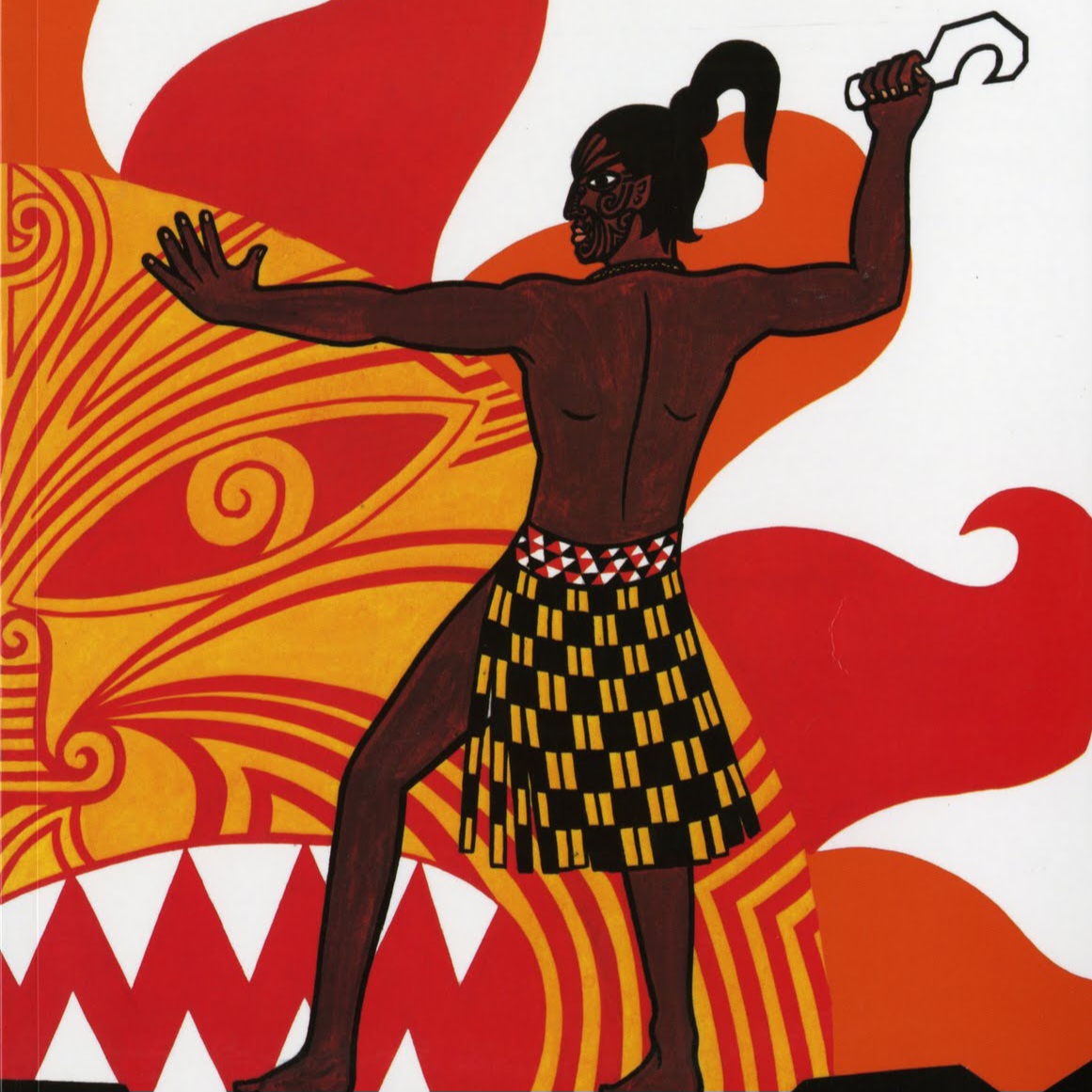So I’m a New Zealander and I have a pretty good idea on how the electoral college system works but it honestly sounds like something that can be easily corrupted and it feels like it renders the popular vote absolutely useless unless I’m totally missing something obvious?
So yeah if someone could explain to me what the benefits of such a system are, that would be awesome.
Edit - Thanks for the replies so far, already learning a lot!


Source: I teach U.S. history at the high school and collegiate level.
The Electoral College was one of the original pieces of the U.S. democratic system created when our constitution was drafted and ratified in the 1780s. It’s important to remember that the drafters of the constitution were very much experimenting with a modern representative democracy based on the values of the Enlightenment. So to the extent that the Electoral College seems odd, it’s largely a result of the context of its creation - namely, we weren’t sure exactly how our system would function yet.
One of the key tensions that the framers were trying to address in the 1780s was the struggle between anarchy and tyranny. That is, finding the right balance between giving too much power to common people and too much power to the elites. The framers thought that giving too much power to common people would create a “tyranny of the majority” and result in things like demagogue politicians and threatened property rights (the foundation of a stable economic system). However, too much power to elites would result in the same sort of tyranny that we lived under when we were part of the British imperial system.
So one way that they tried to strike the right balance with federal elections was to have popular elections, but to give a group of elites veto power over whomever was elected by the masses. So if someone was elected by the masses who was grossly incompetent for President, the Electoral College, a body composed of elites, could choose someone else. This was dangerous. The Electoral College would risk a crisis in the U.S. democratic system if they rejected the will of the people. So although they could veto the results of a popular election, in theory they would only risk doing so in dire circumstances.
There is also a commonly understood function of the Electoral College that is not as commonly taught and is still controversial in some circles to point out: it was created to enhance the power of slave holding states. Electoral College votes are given to states based on their population. So the more populous your state is the more votes you get. Southern states wanted to count their enslaved persons when it came to allocating Electoral College votes, but they didn’t want to recognize them as citizens or people. They threatened to walk from the brand new union if they weren’t allowed to count their enslaved population for Electoral purposes. So this resulted in something called the Three Fifths compromise where slave-holding states could count each slave as 3/5 of a freed man for Electoral purposes, but they didn’t have to recognize them as citizens or people. I would argue that the fact that the Electoral College has consistently entrenched white supremacy in the U.S. has been one key reason behind its staying power in our governmental system.
Speaking of the modern version of the Electoral College, some political scientists claim that benefits are: -it forces politicians to campaign even in small, less populous regions of the nation rather than focusing on the large population centers. -I’m some cases (like Obama’s election in 2012) it can amplify majorities in the popular vote and make it seem like an electoral winner has a stronger popular mandate -It tends to result in two large parties that must put together broadly popular coalitions in order to win. This is in contrast to something like a parliamentary system when you often get a greater variety of more specialized parties. The claim is that, in theory, this makes parties more moderate and broadly appealing.
Some political scientists point out that some drawbacks are: -It disproportionately benefits regions of the country that are predominantly white, rural, and conservative (and, frankly, racist and patriarchal) -It allows conservatives to exercise minority rule by still winning elections even though they haven’t won the national popular vote in many years. -It dilutes the will of the people by allowing a candidate to become president without winning the popular vote. This has happened twice since 2000.
Jesus… That’s beyond awful.
I will say, though, and this is out of topic, you seem like a nice teacher.
English is not my first language and I’m kind of stupid when it comes to politics but you managed to not only make me understand everything but also made me interested, now I’m thinking about reading more of the topic, thanks!
Your listed positives of the electoral college seem like just more negatives, but with honey on top.
Yep. And the kicker is that, with Trump, it failed at its core function of keeping incompetent people out of the presidency. So given that I think Americans are rightly wondering what the purpose of the institution even is.
FTFY
You’re not looking to move to a school in Florida anytime soon, I hope? ;-)
cries in Floridian
Removed by mod